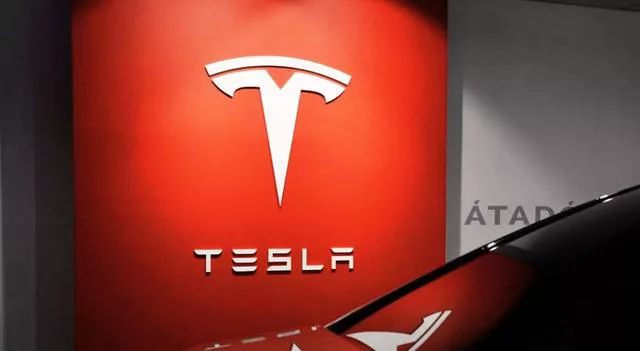
Recently, China approved rare earth export licenses for major automakers like GM (NYSE:GM), Ford (NYSE:F), and Stellantis (BIT:STLAM), yet conspicuously left out Tesla (NASDAQ:TSLA). This exclusion has sparked speculation that Tesla might be deliberately targeted amid escalating trade frictions and CEO Elon Musk’s outspoken geopolitical stance.
According to Wells Fargo, referencing expert Dr. Gracelin Baskaran, Tesla and Rivian remain in limbo, still awaiting their export licenses. This situation may reflect China’s broader approach of favoring domestic electric vehicle manufacturers while restricting foreign competitors’ access to critical materials.
China controls nearly the entire global supply of seven vital heavy rare earth elements (REEs), which are crucial for electric vehicle motors and cutting-edge manufacturing technologies. Although the U.S. automotive industry is the largest user of these materials, it accounts for only a small share of global consumption—approximately 6,600 tons out of 390,000 tons produced worldwide last year.
China’s export limitations imposed in April left automakers with only a two to three-month inventory buffer, which is now dwindling. Some U.S. manufacturers have kept operations afloat through temporary workforce reductions, but Wells Fargo cautions this is merely a temporary fix rather than a long-term solution. The supply risks could continue for several years until new rare earth production capacity is developed outside China.
At present, China’s selective export licensing and strict monitoring of end-use applications suggest that Tesla and other companies still waiting for approval may face ongoing challenges. The pressure is likely to persist until the rare earth supply chain achieves greater diversification on a global scale.








